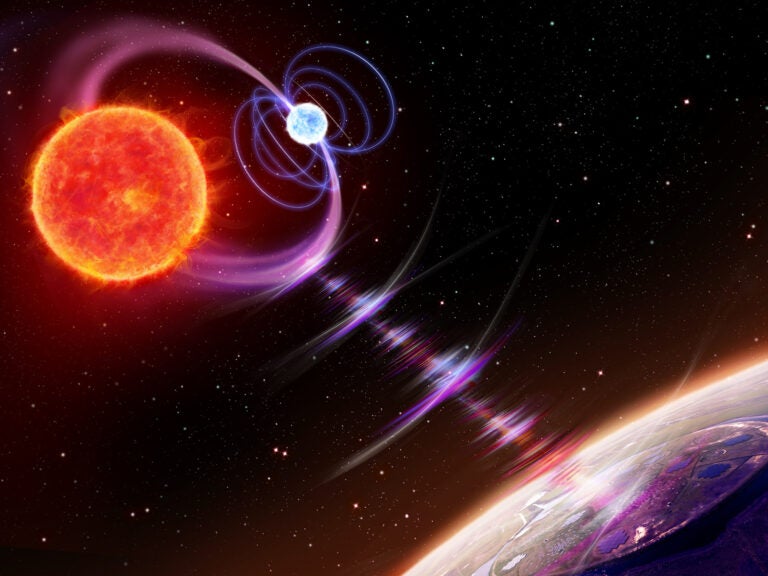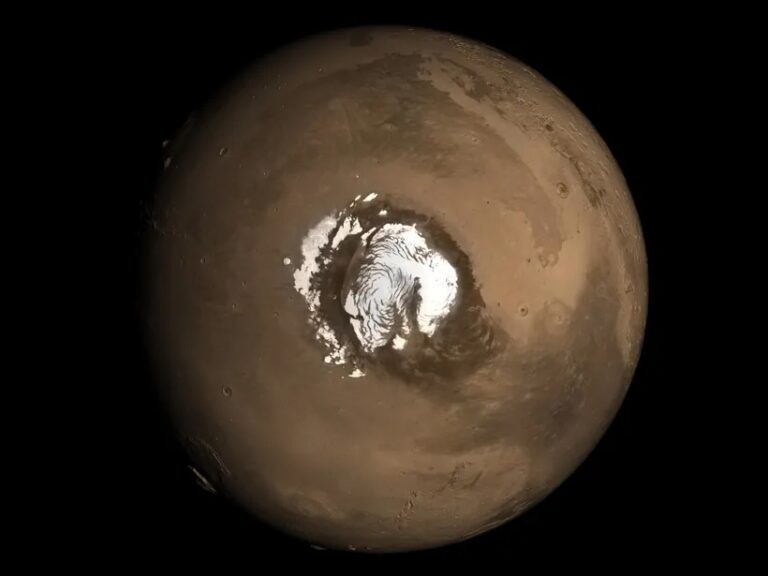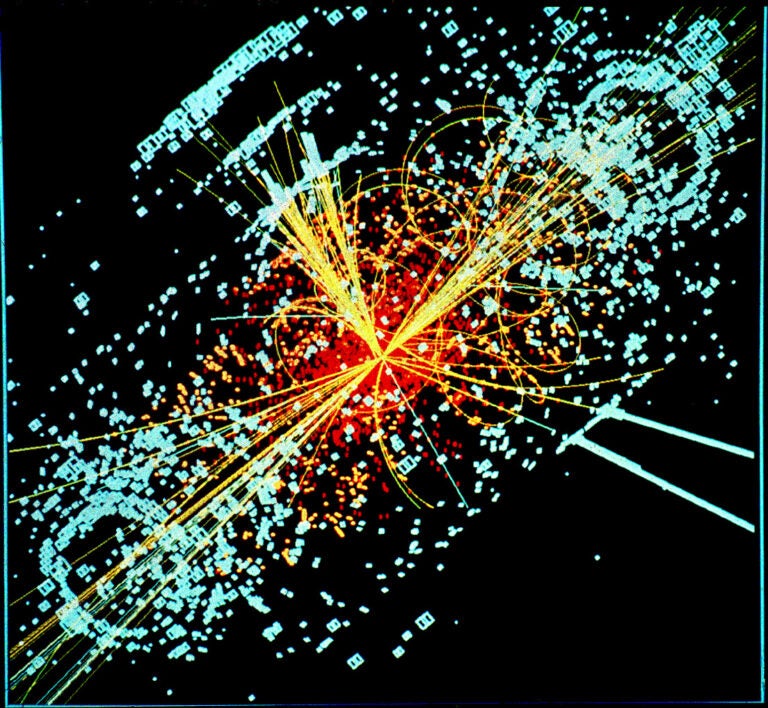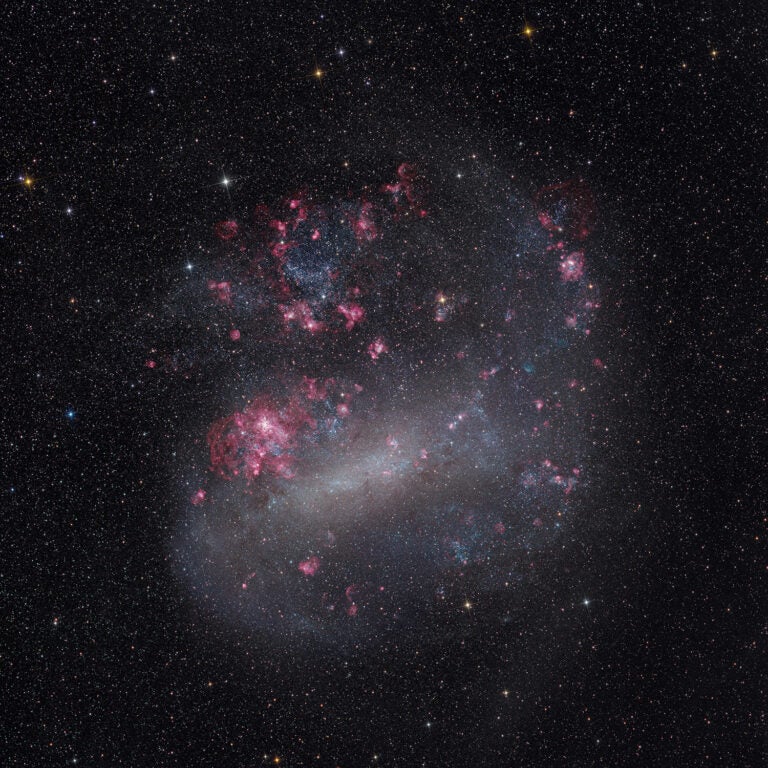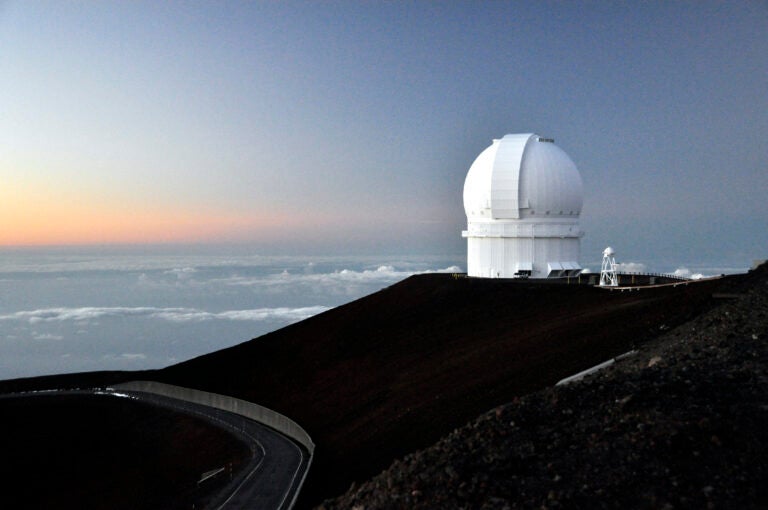
The following is an excerpt from Paul Sutter’s Rescuing Science: Restoring Trust In an Age of Doubt, from Rowman & Littlefield Publishers.
Science makes for poor politics, which makes it ripe for politicization.
First, science is slow. Really slow. The very mechanics of the scientific endeavor operate on careful investigation, controlled experiments, and detailed observations. That takes time. And that’s doesn’t even count the theoretical work: the mathematical development, the arguments, the teasing out data to accept or refute an idea.
It took us over a century to prove that atoms exist. Seriously, they were first proposed in a scientific context in the early 1800s, and it took decade after decade of careful experimental investigation into the world of the small, coupled with huge leaps in understanding, time and time again, to finally come to grips with atom. It’s easy to take that knowledge for granted—we learn about the nature of the atom when we’re kids, but that insight was not won easily. Hundreds of scientists spent their entire careers chipping away at the problem, all for us to blithely acknowledge a reality while barely thinking about it.
Imagine if there was some major policy issue in the 1800s that critically depended on whether atoms were real or not. Imagine if major world governments had to make coordinated efforts to deal with the ramifications of the atom. What if there was real money at stake? Would the Whigs and the Democratic-Republicans have printed leaflets blasting their opponents for (not) believing in the atom? Would it become a part of presidential debates? Would it feature in bold letters in political party platforms?
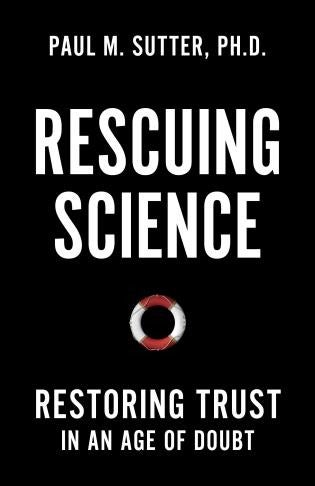
All this while we were still trying to figure out if atoms existed. Can you imagine how nasty that would get, and how that intersection of sci- ence and politics would forever skew that field?
Second, scientific results always come bracketed by a list of assumptions. For a scientist, this is natural: results are always conditioned on the available evidence, and the available evidence is always limited. But policy makers need binary, yes/no decisions, not careful arguments built upon layers of nuance and always susceptible to change.
The slowness and caution of science doesn’t lend itself to the expedient needs of politics. We need answers, now. There are threats and issues facing us, now. There’s an election, now.
And so the politicians turn to the scientists, demanding answers. And the scientists give them answers. Provisional, temporary, guarded answers, but still answers. And the politicians get what they want — an answer — and discard the rest.
Some things we can say with a high degree of confidence (atoms exist, disease is spread by germs, the Earth is old), but in all those cases it took centuries of work in order to gain that level of assuredness. Everything else? Not so much. Science is a series of bets, where different statements are given different levels of confidence.
This makes science ripe for political exploitation. Because scientists have to express varying levels of uncertainty for any response (if they have any shred of ethics, at least), then there is always room to counter a policy or position that is “supported by the scientists.” That uncertainty allows politicians and pundits to “cherry-pick” the results or papers or statements that align with their preconceived idea, because it’s baked into the very tussling, argumentative, intellectual mosh pit of science itself.
Yes, the Earth is getting warmer; we’ve had a few decades to make that knowledge pretty solid. But how bad is it going to get? How effec- tive will various policy options be? Should I buy land in central Iowa so my grandchildren can inherit oceanfront property? Those are much, much harder questions, and the answers are much, much more uncertain — and hence the debate about global warming can drag on and on, because science doesn’t provide clear answers by itself.
The slowness, lack of certainty, and quarrelsome nature of science make it entirely inappropriate for crafting policy, which is why “evidence-based policy” is simply not. It’s a phrase that sounds good on paper, but is frequently used by politicians when they want to invoke scientific results to bolster their predetermined platform.
It seems simple on the surface. We have an immediate social/political problem. Let’s ask the scientists in some relevant field. They go out and do their science thing (whatever it is) and come back with the results. We use those results to make the best decision possible. The world is a better place. The end.
But science does not work this way, and neither does crafting policy. Science operates most quickly when it faces direct questions that can be settled with a clear and well-controlled experiment, elucidated by a sensible theory. Most questions that modern-day scientists face simply cannot be answered with a single survey or experiment or observation.



